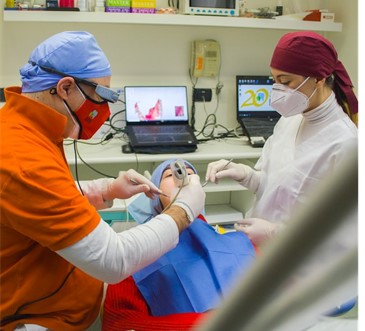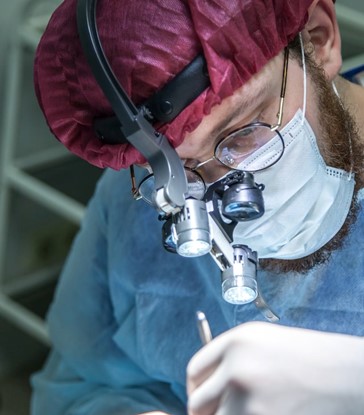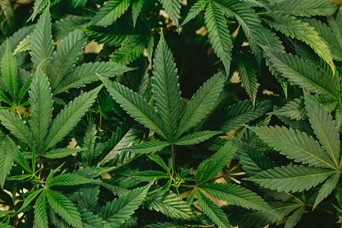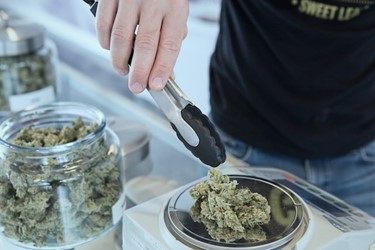Inflation has affected everything, and the oral surgery industry is no exception. Surgeons might be experiencing a decrease in patients as the seemingly nonstop inflation impacts their willingness to splash the cash on dental care.
Dr. Pranathi Reddy oral surgeon says that industry surgery practices need to work toward a positive culture to retain employees and keep their morale high during low patient flow.
Insurance-Controlled Dentist Fees
According to the industry leader, a significant chunk of dentists’ fees is controlled by the insurance they work with. And sadly, reimbursements haven’t kept up with inflation during the past four decades, let alone the recent unprecedented increase.
It’s an unfortunate reality for dentists as material and equipment costs are only climbing higher. Not to mention the added costs of fringe benefits (e.g., healthcare) and employee wages.
Pushing Rising Costs onto Patients Isn’t an Option
But even though business costs have skyrocketed for dentists throughout the United States of America, dentists and surgeons alike note that they can’t push the rises onto patients. After all, inflation has done a grand job of affecting people’s willingness to spend on oral health.
Many people are all too likely to sacrifice their dental care to pay for basic needs like food, electricity, and gas. However, this poses longer-term concerns for their oral health, as they’ll consequently require urgent treatment — a costly endeavor in itself.

A Patient Slowdown Fueled by Rising Inflation
Most procedures conducted by oral surgeons come after referrals from general dentists. Thus, they don’t experience as many cancellations or no-shows.
However, surgeons are certainly experiencing a slowdown from the post-pandemic peak when patients neglected their healthcare during the outbreak of COVID-19.
Last year saw a cyclical nature of patient visits return. But there seems to be a small decrease in referred patients, potentially indicating that general dentists might be experiencing cancellations.
Ultimately, the oral surgery industry has been incredibly sensitive to the impacts of inflation from all sides. Even though practices have capped patient fees, it’s burdensome for clinics with massive payrolls and the considerable cost of supplies and goods.
The Major Challenge for 2023
Finding good people to employ is the most challenging task for oral practices this year. It costs more to hire people than it did even just 12 months ago, squeezing clinics’ margins like never before.
Increased costs mean reduced profitability, especially when practices aren’t hiking their patient’s prices.
On top of that, the lack of surgeons wanting to commit to a private clinic poses problems — corporate dentistry has the ability to pay more due to its massive client base. So, recruiting qualified, dedicated surgeons is near-on impossible in this costly landscape.
Practices Must Implement Successful Work Cultures to Recruit and Retain Staff
Culture is a crucial component of obtaining and retaining employees. Practices that manage to relate to the people they work with every day and have one-to-one relationships with employees will undoubtedly reap the rewards.



